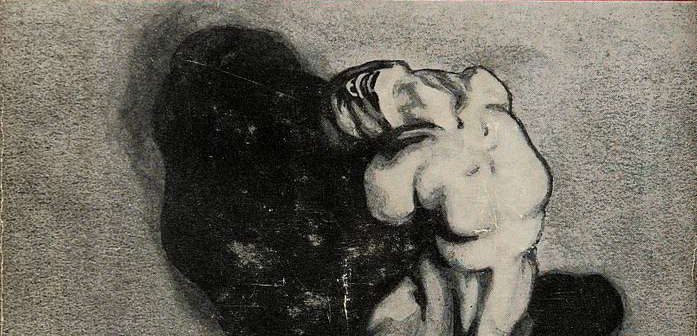Arguments surrounding controversial art are one of the very few constants linked to literature. With writers relying on audiences to effectively vote for their work with their money, controversy is understandably something that most writers shy from and do their best to avoid… some, however, seem to enjoy causing as much as possible and love adding fuel to the fire. As with anything, sometimes this is for the best and sometimes it only leads to terrible writing (think of books that are completely hollow aside from being disgusting… but even then, it isn’t entirely black and white, some books like this *can* be great), but the good certainly outweighs the bad in some way.
Whilst there is more of the writing that uses controversy as a selling point above anything else, much of that is quickly forgotten by readers, whilst, of course, the brilliant books that come from or involve controversy will have genuine staying power. No book that only uses controversy to shock the audience will really last, it must have some merit to at least a certain number of the people who read it or else it’ll be passed off as poor. Controversy, especially in writing, tends to mean that a touchy subject has been addressed or an extreme subject has been approached, and so the important part comes down to how this is done. Some are simply controversial for controversy’s sake, but some books push the boundaries in all of the right ways.
An interesting book to look at here is Faulkner’s The Sound and the Fury, mostly famous for its touchy subject matter and it’s very difficult to decipher writing style. The important part is that both the inclusion of rough subjects and the intentionally enigmatic writing style both serve the characters and themes that Faulkner had in mind – the difficulty in reading the book reflects the mental states of the characters we are hearing from, and the tough subject matters add a great deal to the tone and the melancholy of the book, making it far more memorable than it would be had this approach not been taken.
One other interesting case is J.G. Ballard’s Crash. Ballard’s career is an odd one in general having written both extremely controversial books and more accessible ones (compare Crash to Empire of the Sun – there’s a reason that one was adapted to film by David Cronenberg and the other was done by Steven Spielberg!), and Crash is certainly one of his hardest to stomach books but it is also one of his best as it investigates a truly grim and depraved world that simply uses controversy to call an audience to something more. Ballard writes as a doctor would most of the time in a detached manner that tends to explain very technically and explicitly what happens, so it is more down to his subject matter than anything else, and when this is an extension of reality, his work becomes shattering.
So, to summarise – controversial work can be great, but it can also lead to some of the worst writing you’ll ever see. The important part is to dig out the good, but that also happens to be the tricky part. Often, controversial books have radicalised how books are written as they are willing to experiment with what most writers veer away from, so their importance cannot be understated. As people, we need to experiment with art to understand what works, and this can only really be done effectively by exploring the unknown, often causing controversy.



